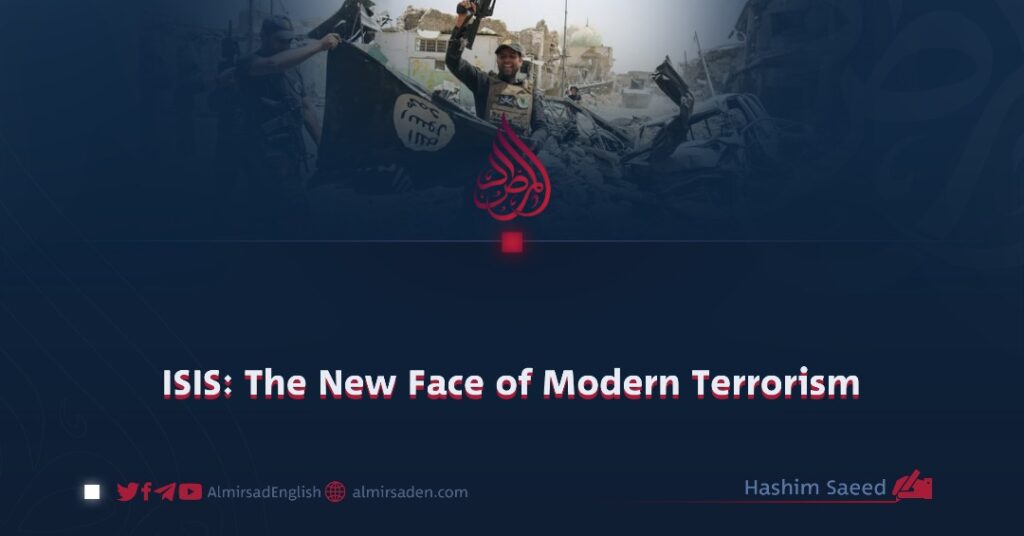By Hashim Saeed
The terrorist organization ISIS, once confined largely to the Middle East, has once again captured global attention through a series of ruthless attacks. This resurgence signals not only a change in its battleground but also a transformation in its strategy, tactics, and intelligence operations.
Today’s ISIS is more dangerous, calculating, and goal-driven than ever before. Abandoning large-scale battlefield confrontations, it now directs its energy toward soft and civilian targets such as schools, mosques, religious gatherings, cultural institutions, journalists, and minority communities. These attacks are designed to create fear, fracture societies, and erode the sense of normalcy that binds communities together.
Parallel to its physical violence, ISIS has refined its ideological warfare. Through coordinated online campaigns, it recruits followers, spreads propaganda, and cultivates fear on a global scale. Its command of social media has turned information into a weapon, allowing it to manipulate perceptions and sow division more effectively than through bullets and bombs.
The group has thus become more than an armed threat. It now represents a multi-dimensional challenge: part military, part ideological, part psychological. ISIS seeks not only to kill, but to conquer minds, to turn despair, poverty, and prejudice into recruitment tools. By exploiting social fault lines and political instability, it draws vulnerable individuals into its orbit, transforming them into instruments of its broader ambitions.
This strategy thrives in regions where states are weak or divided. Across parts of Asia, Africa, the Middle East, and even segments of Europe, ISIS capitalizes on internal crises to expand its reach. By stoking ethnic and sectarian hatred, it deepens mistrust among communities and weakens the social fabric that resists extremism.
In Afghanistan, recent ISIS attacks on mosques, educational centers, and religious ceremonies reveal a broader intent than mere physical destruction. The real goal is psychological: to unsettle communities, dismantle trust, and destabilize the fragile harmony that sustains social life.
For regional intelligence agencies, these developments are a stark warning. ISIS can no longer be defeated by military force alone. Lasting success will require confronting its ideology, addressing the economic and social grievances that fuel extremism, and strengthening cooperation among regional and global powers. Without a coherent and sustained response, the group will continue to exploit every political vacuum and social fracture it encounters.
ISIS has ushered in a new phase of terrorism that transcends conventional violence. Its modern campaign operates across ideological, psychological, and informational fronts. The group’s goal is not simply to destroy, but to dominate through influence and fear. The only viable countermeasure is a unified, intelligent, and timely international effort to halt its advance before it claims not just more territory, but also more minds and hearts.
